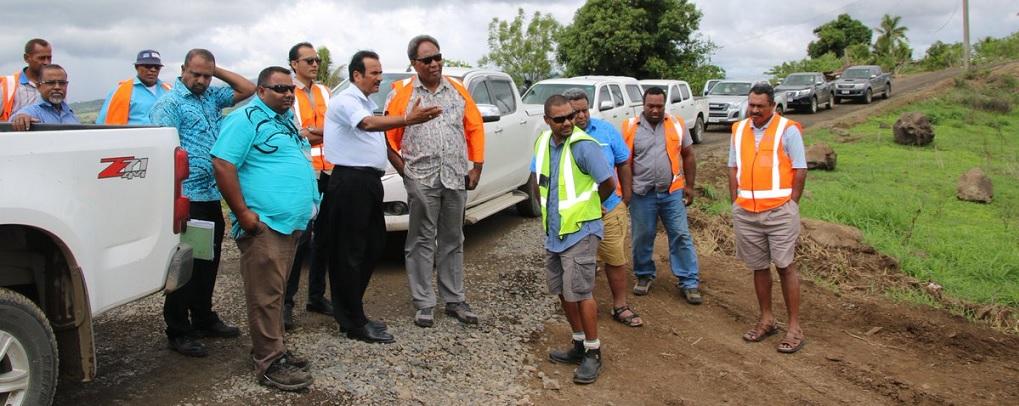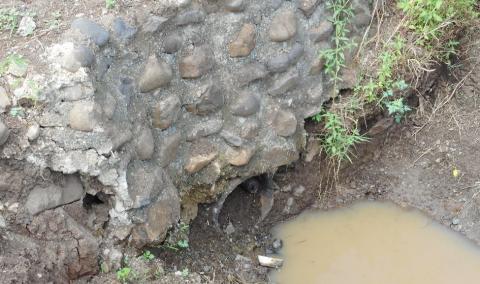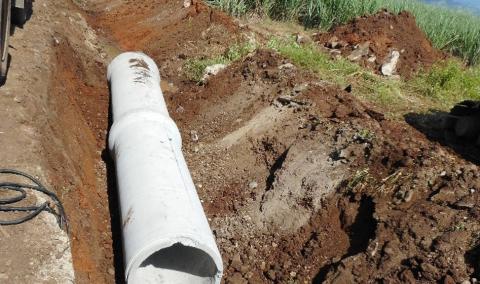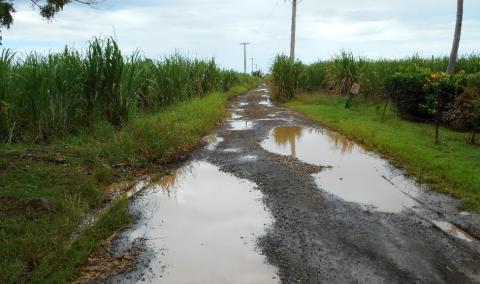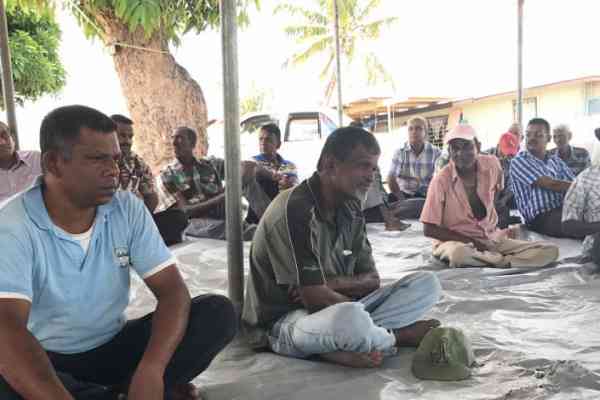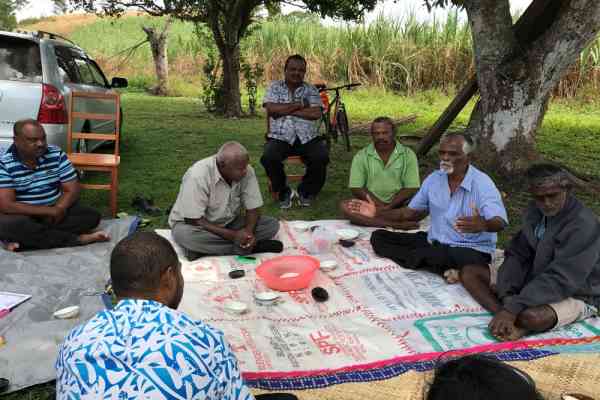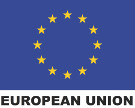

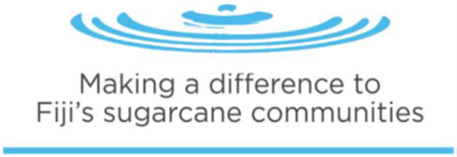

The Rural Access Roads and Associated Infrastructure (RARAI) project is a four-year (2014-2018) programme funded by the European Union (EU) and implemented by the Pacific Community (SPC). The Euro 13 million RARAI project is working to upgrade all sugarcane access roads in the Malolo, Drasa and Koronubu areas in Fiji’s Western division. The project is also working to improve associated drainage, watershed management and other infrastructure in these areas.
The EU is financing several projects in Fiji’s sugarcane belt, which are being implemented by the SPC. These projects are linked to the Accompanying Measures for Sugar Protocol (AMSP) programme and are designed to help strengthen rural sugar-income dependent communities in response to the EU’s Sugar Price Reform and the adverse conditions in the sugar industry. The programme is also designed to improve the livelihoods of sugarcane dependent populations, increase income and reduce poverty.
Around 30,000 people living in Fiji’s cane farming communities in Malolo, Drasa and Koronubu are expected to benefit from the RARAI project, which will also provide employment opportunities to local residents during its construction phase. The project is also expected to improve the transportation of 89 percent of cane produced in Drasa; 82 percent in Koronubu and 65 percent in Malolo.
- Overall, the project aims to mitigate the economic and social impacts of the sugar restructuring programme by supporting and promoting income generating activities for the most vulnerable populations in the sugar region.
- The project specifically aims to reduce the social, economic and environmental vulnerability of farmers and mill workers impacted by the sugar reforms, through improving the condition of cane access roads and associated infrastructure.
- 1,857 cane growers and their families whose livelihoods rely on sugarcane in the selected sugar sectors.
- Upstream communities and iTaukei villagers who use these roads to bring their produce to urban centres for trade.
- 1,368 households in Koronubu; 2,270 households in Malolo and 2,200 households in Drasa, including people on small freehold land whose livelihoods depend on farming.
- Farmers who have extended their sugarcane leases but need additional incomes to sustain their livelihoods.
- Farmers and their families whose leases have been renewed and who are willing to move into alternative off-farm livelihood opportunities.
- Cane cutters, lorry operators and their families whose lives are based on demands derived from farmers’ activities.
- Improved watershed management in three specific sugarcane sectors through rehabilitation and maintenance of cane access roads and improved rural infrastructure.
- Increased community/household income through community inclusion in the rehabilitation and maintenance of cane access roads, including associated rural infrastructure and transport systems.
- Establishment of a road maintenance system.
